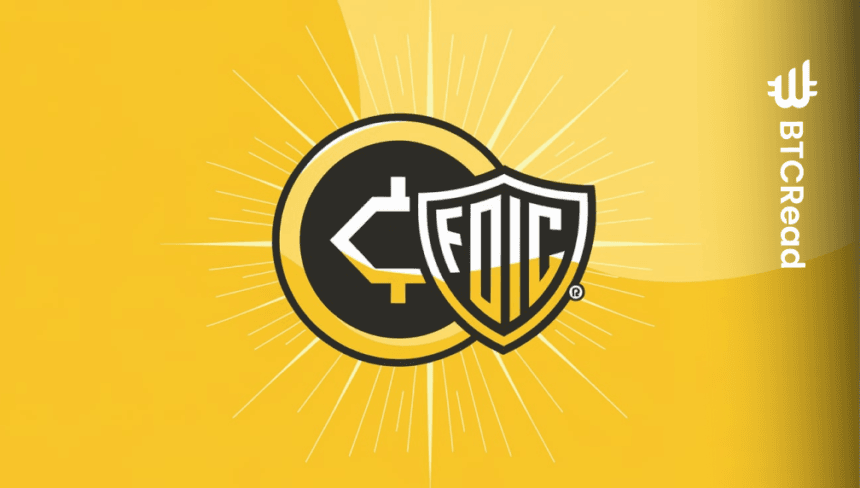The Federal Deposit Insurance Corporation (FDIC) has urged financial institutions to pause crypto-related activities, according to letters revealed in a lawsuit filed by Coinbase.
The crypto exchange took legal action against the FDIC in June, accusing the agency of attempting to sever ties between the crypto industry and the banking sector.
Coinbase’s Chief Legal Officer, Paul Grewal, said in an X post that the letters are proof of Operation Chokepoint 2.0. He further slammed the FDIC for over-redacting the documents and not releasing all the documents.
Grewal is proud of the team that has pushed this transparency under FOIA requests, appeals, and lawsuits. He promised that they would keep on fighting to get complete clarity from the government.
One of the 23 released letters contained a request by the FDIC to “pause all crypto asset-related activity.” The agency added that it would later brief the FDIC-supervised banks on the requirements for crypto activities.
This move adds to the long-standing complaints of the crypto industry that it is being excluded from U.S. banking services. Grewal said the letters provide hard proof that the FDIC actively sought to block crypto businesses from banking services.
FDIC compliance questions block crypto activities
Though the letters are heavily redacted, they suggest that the FDIC delayed or halted crypto-related activities by banks until they answered compliance questions that, to a great extent, have not been fully defined. In some cases, the activity stopped before it started.
In some cases, the FDIC asked banks to withhold services while the agency could better review the request. The records also reveal that the agency struggled to determine which regulatory filings it required from crypto companies to approve their activities.
The Federal Reserve and the Office of the Comptroller of the Currency have issued some guidance. However, there has been no clear regulatory framework for the crypto sector from the FDIC itself.
Grewal would now try to get unredacted versions of those letters by going to court in his quest to understand the actual names of institutions involved and the full extent of the questions these faced.
He added that one needs to know why the FDIC is taking this stand. However, the topic has been so hot that the leaders of the industry have debated the issue in recent congressional hearings.







